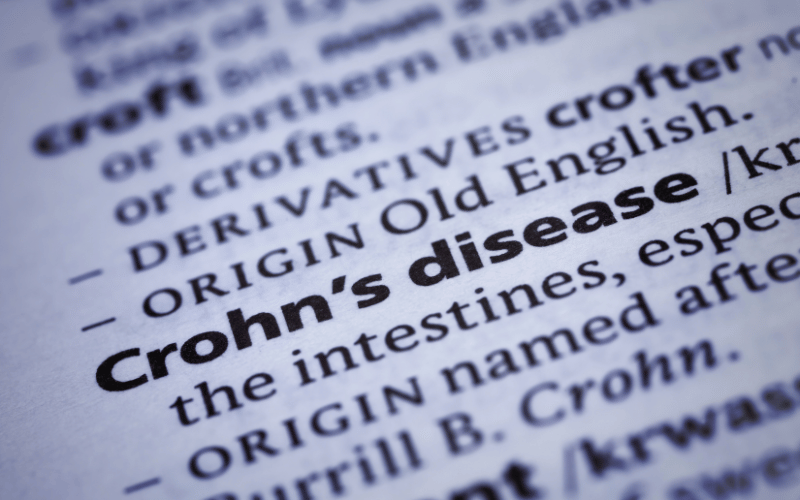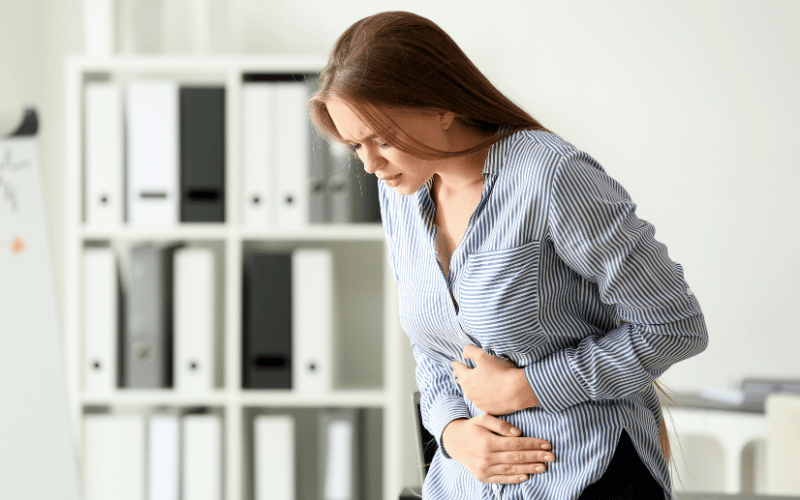Introduction: Crohn’s Disease – A Silent Adversary for Women

Crohn’s disease has often been called a silent adversary. It lurks in the background, revealing itself through symptoms that many may misattribute to other health conditions. This chronic inflammatory bowel disease, while not gender-specific, has a set of symptoms that frequently and uniquely manifest in women. The resulting impact on women’s lives goes beyond the physical and may also touch the emotional and psychological facets of their well-being.
For women, understanding the complexities of Crohn’s disease is more than a quest for knowledge. It’s a journey towards finding answers to bodily changes that seem puzzling. Some symptoms are so subtly intertwined with women’s day-to-day experiences that they often go unnoticed, while others can be debilitating and life-altering.
Being armed with the right information can make a massive difference in how one approaches this condition. More than merely aiding in early diagnosis, a deeper comprehension can help women live fuller lives despite Crohn’s, equipped with the tools to manage and possibly overcome many of its challenges.
Let’s delve into this disease, its manifestations in the female body, and why every woman should be aware of these symptoms.
Symptom 1: Abdominal Pain and Cramping

Abdominal discomfort is a signature of Crohn’s disease in women. Many experience a sharp pain, frequently originating from the lower right side. This pain is not the typical discomfort one might feel after a heavy meal. It’s more pronounced, often lasting longer and can be disruptive to daily life.
Over time, the pain tends to become more recurrent. Factors such as certain foods, stress, and hormonal fluctuations can aggravate it. However, understanding these triggers and managing them can significantly reduce the frequency and severity of these painful episodes.
Another related symptom is bloating. It’s not just the occasional feeling of being “full”. For many women with Crohn’s, bloating becomes a persistent issue, making clothing uncomfortable and affecting body image.
The combination of pain and bloating can affect appetite. Many women report a reduced desire to eat during flare-ups. This can lead to nutritional deficiencies if not addressed promptly. (1)